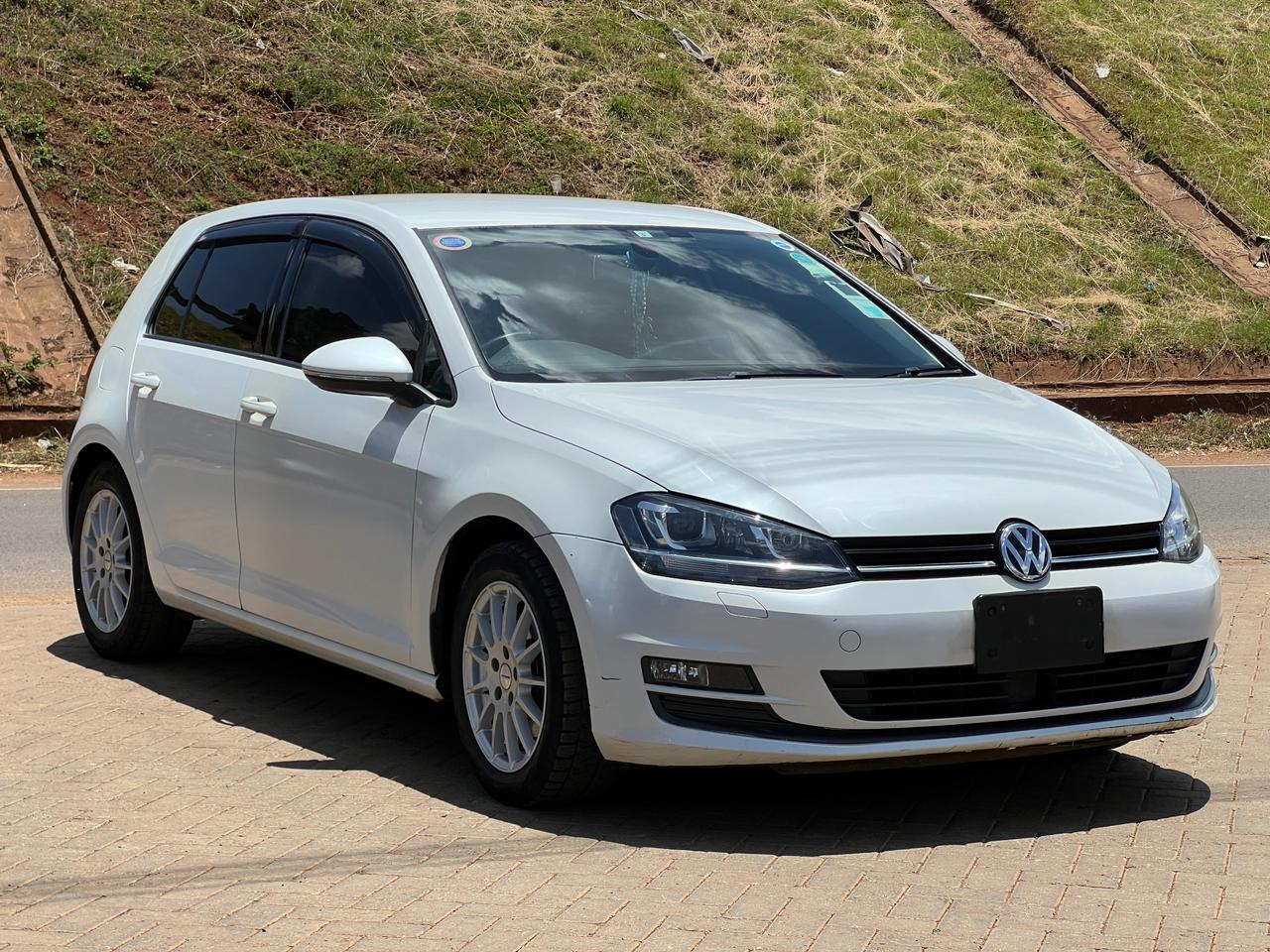Top 10 Cars to Invest in 2025 — Best Resale Value Vehicles (Code & Clutch)
Top 10 Cars to Invest in 2025 — Best Resale Value Vehicles
If you want a vehicle that protects your money, start with resale value and 5‑year depreciation. This expert-built, keyword-rich guide ranks 2025's strongest value-holders—trucks, SUVs, sports cars, and crossovers—and gives you a complete playbook to buy smart, own smart, and sell for maximum profit.

2025 Top 10 Best Resale Value Cars (Data‑Driven Shortlist)
1) Toyota Tacoma — The Pickup Benchmark for Value Retention

The Toyota Tacoma is a resale-value legend. Buyers prize its reliability, manageable size, and off‑road credibility, and fleets prize its durability. The result: used Tacomas sell fast and retain a striking share of their original price. If you want predictable value in a truck, the Tacoma should top your list.
- Why it holds: Reliability reputation, strong off‑road/trail trims, broad buyer pool.
- Owner strategy: Keep service records, protect bed/paint, and avoid heavy mods unless dealer‑installed.
2) Chevrolet Corvette — Attainable Exotic, Tight Supply

The C8 Corvette unlocked mid‑engine thrills at a fraction of supercar pricing. Demand has outpaced supply for years, while performance and design keep desirability high. Special trims and tasteful options further boost resale.
- Why it holds: Performance‑per‑dollar, collector interest, limited allocations.
- Owner strategy: Choose sought‑after color/specs, keep OEM parts, low mileage, and full PPF if possible.
3) Toyota Tundra — Full‑Size Truck with Legendary Durability

The Tundra blends full‑size capability with Toyota’s reliability DNA. Owners appreciate strong towing numbers and the availability of hybrid powertrains, while fleets love the low‑drama ownership arc.
- Why it holds: Durability, lower‑than‑average ownership surprises, loyal fanbase.
- Owner strategy: Document towing/maintenance, keep interior tough‑mat clean, and avoid over‑tuning.
4) Toyota 4Runner — Body‑on‑Frame SUV, Off‑Road Icon

The 4Runner’s rugged platform, proven drivetrains, and adventure image keep residuals high. Shoppers seeking a dependable, go‑anywhere family SUV will pay for clean, unmodified examples.
- Why it holds: Off‑road cachet, reliability, low supply of true body‑on‑frame SUVs.
- Owner strategy: Skip extreme lifts; prioritize OEM accessories and regular underbody care.
5) Ford Bronco — Modern Retro with Massive Buzz

Bronco revived a legendary nameplate with serious off‑road hardware and customizability. The aftermarket is booming, but stock or lightly‑modded examples command the best resale numbers.
- Why it holds: Iconic brand, off‑road performance, passionate community.
- Owner strategy: Preserve take‑off parts, keep soft‑top/hard‑top in good shape, photograph trail use responsibly.
6) Mercedes‑Benz G‑Class — Luxury Off‑Roader with Cult Status

Few vehicles mix off‑road credibility and luxury like the G‑Class. Scarcity and status create a price floor that’s the envy of the segment, especially for tasteful colors and factory AMG packages.
- Why it holds: Scarcity, high demand in premium markets, timeless silhouette.
- Owner strategy: Avoid flashy wraps, maintain dealer service stamps, and protect the interior.
7) Honda CR‑V — Practicality + Reliability = Resale Magnet

For families, commuters, and ride‑share pros, the CR‑V hits a sweet spot: dependable, frugal, and comfortable. Strong brand trust and a wide buyer base keep used values consistently above average.
- Why it holds: Reliability metrics, low running costs, huge demand pool.
- Owner strategy: Keep the interior pristine, service on schedule, and photograph cargo versatility when selling.
8) Toyota RAV4 — The Crossover Resale Standard

America’s best‑selling non‑truck in many years, the RAV4’s momentum extends into the used market. Hybrids in particular command premiums due to fuel savings and perceived lower wear.
- Why it holds: Hybrid availability, reliability track record, mainstream appeal.
- Owner strategy: Highlight fuel logs and maintenance, and list with high‑quality photos of cargo and safety features.
9) Porsche 911 — The Depreciation‑Defying Sports Car

The 911 is the rare sports car that routinely resists depreciation. Broad trim variety, strong reliability for the class, and a global collector network sustain high residuals—especially for manuals and special editions.
- Why it holds: Enthusiast demand, long model lineage, limited‑production variants.
- Owner strategy: Keep mileage low, service at specialists, and retain all original parts and documents.
10) Toyota GR Supra — Modern Halo Car with Enthusiast Pull

As a halo coupe, the GR Supra leverages Toyota’s brand trust while delivering serious performance. Manual‑gearbox examples and limited colors/specs are especially prized by used buyers.
- Why it holds: Enthusiast cachet, limited production volume, Toyota badge confidence.
- Owner strategy: Favor tasteful OEM+ upgrades, maintain paint protection, and document any track time.
| Model | Segment | Why It Holds Value | Best Owner Play |
|---|---|---|---|
| Toyota Tacoma | Midsize Truck | Reliability; demand; off‑road cred | Keep stock & documented |
| Chevrolet Corvette | Sports Car | Performance; limited allocations | Desirable spec; low miles |
| Toyota Tundra | Full‑Size Truck | Durability; hybrid option | Service history; protect bed |
| Toyota 4Runner | Off‑Road SUV | Rugged BOF platform | OEM accessories; rust care |
| Ford Bronco | Off‑Road SUV | Strong demand; community | Light mods; keep stock parts |
| Mercedes‑Benz G‑Class | Luxury SUV | Scarcity; status | Dealer service; tasteful spec |
| Honda CR‑V | Compact CUV | Reliability; efficiency | Clean interior; on‑time services |
| Toyota RAV4 | Compact CUV | Hybrid demand; trust | Highlight MPG; safety features |
| Porsche 911 | Sports Car | Collector interest; heritage | Keep OEM; low‑mileage |
| Toyota GR Supra | Sports Coupe | Halo status; low volume | OEM+; protect paint |
How We Built This List: Signals That Predict Resale Value
Strong resale value isn’t random—it’s the result of measurable supply‑and‑demand dynamics and durability signals. We weigh factors such as historical depreciation curves, brand reliability scores, nationwide and regional demand (including fleet demand), trim scarcity, and enthusiast interest. We also account for powertrain trends (hybrid uptake; EV pricing swings), incentives, and macro conditions like rates and inventory.
Key Inputs and Why They Matter
- Reliability track record: Models with fewer issues keep owners happy and buyers confident.
- Desirability & community: Enthusiast models with active clubs/forums maintain price floors.
- Fleet & utility demand: Trucks/SUVs used for work and adventure retain stronger residuals.
- Production & allocations: Limited output often increases used pricing, especially on performance vehicles.
- Fuel economy & hybrid availability: Operational savings lift demand for efficient trims.
- Design longevity: Timeless shapes (e.g., 911, G‑Class) defy trend cycles.
Note: EV resale values have been more volatile recently due to rapid tech cycles and pricing changes. If you’re buying an EV, consider TCO advantages (energy + maintenance) and focus on models with stable demand and strong charging ecosystems.
Depreciation Hacks: 15 Pro Moves to Protect Your Car’s Value
- Spec smart: Choose popular exterior colors/interiors and mid‑level trims with sought‑after packages.
- Keep mileage in check: Value drops in tiers (e.g., 10k/20k/40k/60k). Combine trips and use navigation to avoid traffic.
- Service on the dot: Follow the schedule; keep receipts; use OEM parts/fluids where possible.
- Detail quarterly: Paint protection film and ceramic coatings reduce wear and improve buyer perception.
- Document everything: Maintain a digital folder with invoices, photos, recalls, and any tyre/battery reports.
- No drill mods: Avoid permanent modifications; choose reversible OEM‑plus upgrades.
- Protect the interior: Seat protectors, all‑weather mats, and UV sunshades keep cabins fresh.
- Tyres & alignment: Worn tyres scream neglect; rotate and align to avoid uneven wear.
- Sell before a major refresh: Facelifts can push older styling down; monitor model‑year news.
- List like a pro: 30+ photos, cold‑start video, walk‑around, service scan screenshots, and a clean CARFAX/ownership report.
- Seasonality: Sell convertibles and sports cars in spring; off‑roaders ahead of adventure season.
- Two keys, original parts: Buyers pay more when everything is complete and stock parts are included.
- Smart financing: If rates fall, refinance to improve TCO; low TCO broadens your selling margin window.
- Insurance optimization: Gap coverage and agreed value (for special models) can be worth it.
- Market watch: Track local comps weekly; adjust pricing and be ready to move quickly on serious buyers.
Bonus: If you plan to flip in 24–36 months, aim for models with proven demand and order early for limited trims. Keep mileage low and records perfect; your return depends on buyer trust.
FAQ: Resale Value, Colors, Leasing, and When to Sell
Which car colors have the best resale value?
Neutral tones (white, black, gray) sell quickly due to broad appeal, while certain bright colors can outperform in niche segments (sports cars and off‑roaders). Prioritize a color that matches your segment’s buyer expectations and your local climate.
Lease or buy for best value retention?
Leasing can cap risk in volatile segments (e.g., EVs). Buying tends to win with trucks/SUVs that historically hold value—especially if you keep mileage low and maintain perfectly.
When is the best time to sell?
Sell just before a major redesign, when your mileage is just under a threshold (e.g., 30,000), and during seasonal demand peaks (adventure season for 4x4s, spring for sports cars).
Do aftermarket mods hurt resale?
Heavy modifications narrow your buyer base and often lower value. OEM accessories and reversible upgrades (wheels/tires, mild suspension) are safer choices.





Comments
Post a Comment